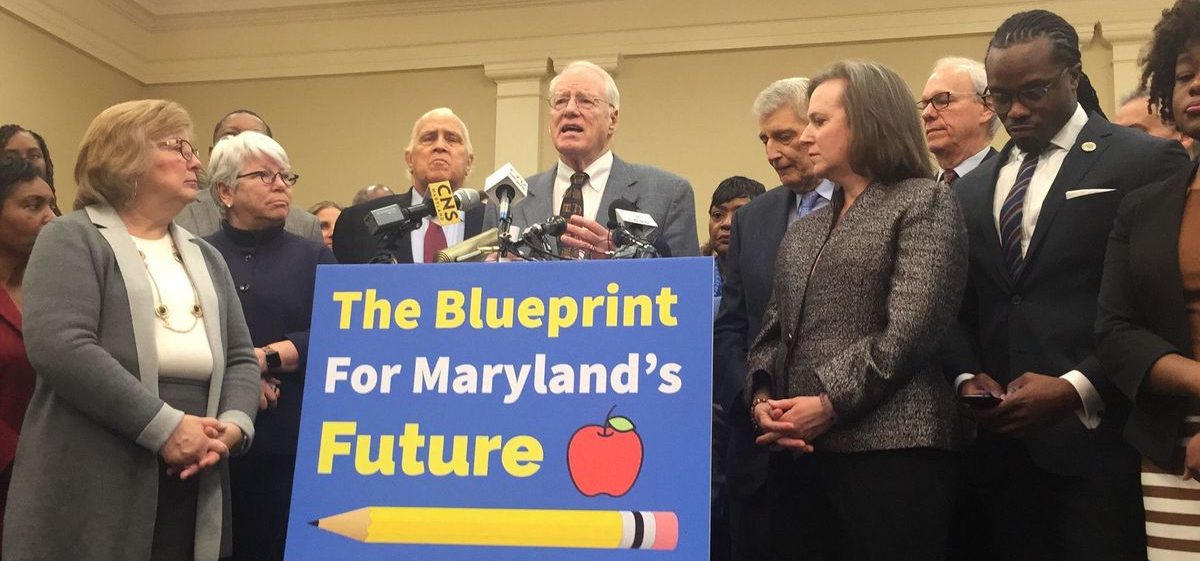Synthesis of Scholarly Articles
Both scholarly articles provide an analysis of how school districts that are high in poverty do not receive an equitable and often times equal amount of funding in comparison to other districts. These districts often lack essential education resources for low-income students to succeed in school and also are unable to address the challenges associated with serving poor communities, such as limited job opportunities and access to health services, violence, and homelessness.
In the article titled, Making the Grade 2019, Farrie, Kim, and Sciarra (2019) provide a comprehensive review of funding in the United States while discussing what it means for a school to have fair funding. The article shows research comparing states’ investment in the school system, to per-pupil funding, to funding distribution across districts. By showing the state by state differences regarding these factors, the research shows that the majority of states with above-average poverty rates also distribute funding inadequately (Farrie, D., Kim, R., Sciarra, D., 2019). It is already established that schools in poor, urban neighborhoods require additional funding, and this research shows that these districts aren’t even getting equal funding. School districts with a high concentration of poor students are associated with below-average funding and poor distribution.
The nonprofit organization EdBuild (2019) conducted research on the difference in funding between districts composed of mainly white students and districts mainly composed of nonwhite students. The article shows that economically and racially divided school districts are rooted in local funding but create inequities that lead to poor, nonwhite districts having disproportionate support. The article doesn’t just show that poor districts are underfunded, but even among poor districts, majority-nonwhite districts receive $1,500 less per pupil than their majority white counterparts (EdBuild, 2019). The most disadvantaged students are continuously being mistreated in an unfair funding system that requires re-evaluation.
